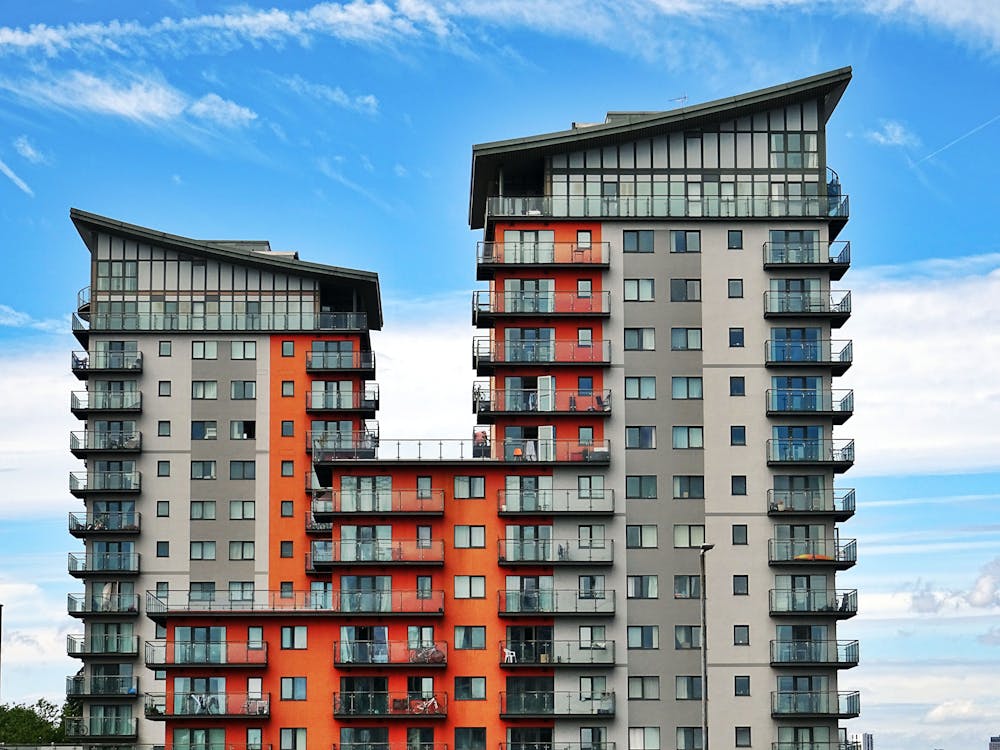Renting a Place in the Philippines: Essential Tips for Foreigners
The Philippines has become a popular destination for foreigners looking to settle down or enjoy an extended stay. Whether you’re relocating for work, studying, or exploring its islands, finding the right place to rent is crucial for a comfortable stay. Here are essential tips to guide foreigners through the process of renting a place in the Philippines.
1. Understand the Rental Market
The rental market in the Philippines varies widely depending on the location. In major cities like Manila, Cebu, and Davao, rental prices can be significantly higher compared to provinces. Familiarize yourself with the general price range in your chosen area by browsing local listings on websites such as Rent. PH. Additionally, speak with locals or expatriate communities to get firsthand information.
2. Decide on the Type of Rental
Common Options:
-
Apartments/Condominiums: These are common in urban areas, offering modern amenities such as swimming pools, gyms, and 24/7 security.
-
Houses: Ideal for families or those wanting more space, though typically located in subdivisions or outside central business districts.
-
Boarding Houses or Bedspaces: A budget-friendly option often shared with other tenants.
Ensure your choice aligns with your lifestyle and needs. For instance, expats working in corporate roles often prefer condominiums close to their offices.

3. Work with Reputable Agents or Landlords
Scams can be a concern when renting in the Philippines. To avoid pitfalls:
-
Engage with licensed real estate brokers.
-
Request references or reviews about the landlord or property.
-
Avoid deals that sound too good to be true.
Always meet the landlord in person or via video call if you’re renting remotely. Verify the property’s authenticity before making payments.
4. Understand Lease Agreements
Lease agreements in the Philippines typically cover one year, although short-term rentals are also available. Before signing:
-
Read the Terms: Ensure the lease clearly outlines rental duration, monthly dues, security deposits, and termination clauses.
-
Utilities: Confirm whether utilities like water, electricity, and internet are included in the rent.
-
Association Dues: For condominiums, check if monthly association dues are part of the rent or an additional expense.
Request a copy of the signed agreement and keep it for reference.

5. Prepare Necessary Documents
Landlords often require certain documents before renting to foreigners. Be ready to provide:
-
A valid passport.
-
Proof of employment or income (e.g., work contract, payslips).
-
A visa or residency permit, depending on the rental duration.
Having these documents prepared can speed up the rental process.
6. Understand Payment Terms
In the Philippines, it’s common for landlords to request:
-
Advance Rent: Usually one to two months.
-
Security Deposit: This is equivalent to one to two months' rent and is refundable at the end of the lease if the property is not damaged.
Ensure receipts are provided for all payments and keep them as proof.
7. Visit the Property in Person
Whenever possible, inspect the property before committing. Look for:
-
Structural Issues: Check for leaks, cracks, or pests.
-
Location Accessibility: Ensure the property is near transportation, grocery stores, and other essentials.
-
Safety: Research the neighborhood’s safety and security measures.
If you’re unable to visit personally, consider hiring someone trustworthy to inspect the property on your behalf.
8. Be Mindful of Cultural Norms
Understanding Filipino culture can help foster good relationships with landlords and neighbors:
-
Filipinos value respect and politeness. Address landlords formally unless invited to be casual.
-
Noise levels should be kept in check, especially in residential areas.
-
Engage with neighbors to build rapport; Filipinos are known for their friendliness and hospitality.
9. Budget for Additional Costs
Besides monthly rent, you may need to budget for:
-
Utility Bills: Electricity, water, and internet can add PHP 5,000 to PHP 10,000 monthly, depending on usage.
-
Parking Fees: For condominiums, parking slots may require additional rent.
-
Housekeeping: Optional but convenient services for cleaning or laundry.

10. Consider Proximity to Your Lifestyle Needs
When choosing a rental, think about your daily routines and hobbies. Proximity to work, schools, hospitals, or recreational areas can significantly impact your quality of life. For beach lovers or retirees, rentals near coastal areas such as Palawan or Siargao offer a relaxing environment.
11. Join Expat Communities
Expat communities in the Philippines can be an invaluable resource for rental advice and recommendations. Platforms like Meetup, Facebook groups, or InterNations connect you with others who have navigated similar experiences.
12. Stay Updated on Local Laws
While renting, it’s essential to stay informed about tenant rights in the Philippines. For example:
-
Landlords cannot evict tenants without proper notice.
-
Security deposits should be refunded promptly, with fewer justified deductions.
-
Rent increases must adhere to agreed terms.
Familiarize yourself with laws or consult a local attorney for assistance.
Renting a place in the Philippines can be an enriching experience when approached with preparation and awareness. With its vibrant culture and breathtaking destinations, the Philippines offers countless opportunities to feel at home. By following these tips, you’ll be better equipped to find a rental that meets your needs and enhances your stay in this beautiful country.




